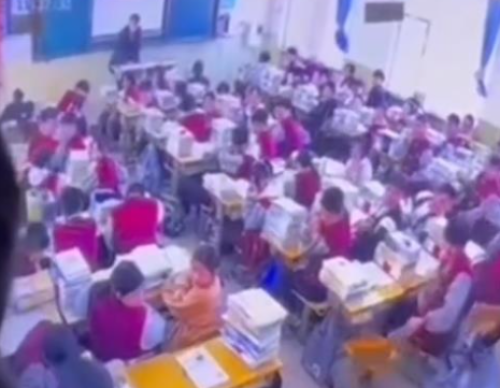Labour Arbitration DingTalk Logs and the Process of Obtaining Copies
Introduction
In China, labour disputes are often resolved through arbitration proceedings. As a result, it has become increasingly common for arbitration hearings to be conducted remotely via DingTalk, a popular video conferencing platform. This article examines the process of obtaining copies of DingTalk recordings of labour arbitration hearings under Chinese law.
.jpg)
Legal Framework
The Labour Arbitration Procedure Law of the People's Republic of China (LAPL) governs the conduct of labour arbitration proceedings. Article 35 of the LAPL provides that parties to an arbitration have the right to request copies of recordings of arbitration hearings.
Procedure for Obtaining Copies
To obtain a copy of a DingTalk recording of a labour arbitration hearing, the following steps should be followed:
1. Submit a Written Request: The party requesting the copy must submit a written request to the arbitration commission that conducted the hearing. The request should include the following information: - Case number - Date of hearing - Names of the parties - Reason for requesting the copy
2. Pay the Fee: The arbitration commission may charge a fee for providing copies of recordings. The amount of the fee will vary depending on the length and complexity of the recording.
3. Obtain the Copy: Once the request is approved and the fee is paid, the arbitration commission will provide the party with a copy of the recording. The copy may be provided in electronic or physical format.
Deadlines
The LAPL does not specify a deadline for requesting copies of arbitration recordings. However, it is advisable to request copies promptly, as the arbitration commission may retain recordings for a limited time only.
Exceptions
There are some exceptions to the right to obtain copies of arbitration recordings. For example, copies may be withheld if:
- The recording contains information that would violate national security, public order, or social morals. - The recording would harm the privacy or reputation of a third party.
Use of Copies
Copies of arbitration recordings can be used for a variety of purposes, including:
- Preparing for further legal proceedings - Reviewing the conduct of the arbitration hearing - Appealing the arbitration award
Conclusion
Under Chinese law, parties to a labour arbitration have the right to obtain copies of DingTalk recordings of the hearing. The process for requesting copies is straightforward and involves submitting a written request and paying a fee. Parties should request copies promptly and be aware of any exceptions to the right to obtain copies.


.jpg)